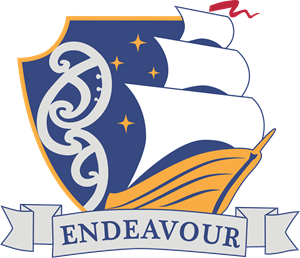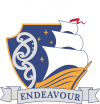Learning at our school is about having choices. Right from the start, students get the opportunity to try out different types of learning in a variety of topics and situations.
By the end of Year 10, students will have had opportunities to experience their choice of:
- music or dance performance
- computer-based design
- working with wood or metal in technology workshops
- food preparation
- junior military training
Alongside these options are the core subjects:
- English
- Mathematics
- Science
- Social Studies
- Health
- Physical Education
- Information Technology
Each subject caters for a range of different learning styles and interests and ability levels.
Students who want to choose to focus on Te Reo, kapa haka, and tikanga Māori can join our Puutake unit, and study their core subjects in a whānau and marae-based learning environment.
For students who want to focus on gagana Samoa, there is a Samoan unit which, like Puutake, runs all the way through to Year 13.
If students need extra help with their reading and mathematics skills, we have our Junior Integrated Programme unit, which offers intensive support in a home-room-based learning area.
Those students whose second or third language is English can also get part or
full-time specialist help in our ESOL (English for Speakers of Other Languages) unit. At Year 11, the choices open up as students begin to make serious decisions about their future directions. Now it’s three options from a selection of 25, plus English and Mathematics.
This is when pathways begin to become clear. Aiming at university or the trades – or a combination of both? We offer a mix of academic and vocational courses, always adapted to suit the needs of the students and always geared towards achievement and success.
There are plenty of chances for field trips and work experience, and opportunities to check carefully on progress through the Academic Mentoring programme and careers counselling. In Years 12 and 13, there are over 70 different subject classes available to give our students maximum choice about where they want to go and how they want to get there. Whether the intention is degree or diploma, certificate or apprenticeship, the teachers and support staff are fully committed to helping the young people of our community enjoy the best possible learning experience to move them forward in life.
To Gain University Entrance
University Entrance (UE) is the minimum requirement to go to a New Zealand university. To qualify you will need:
- Attain NCEA Level 3 – 60 credits at level 3 or higher plus 20 credits from level 2 or above
- Approved subjects – 42 credits at Level 3 or higher, made up of:
- 14 credits in three approved subjects
- Literacy requirements – 10 credits at Level 2 or higher, made up of:
- 5 credits in reading
- 5 credits in writing
- Numeracy requirements – 10 credits in Maths at Level 1 or higher, made up of:
- Specific achievement standards or
- Three specific numeracy unit standards


